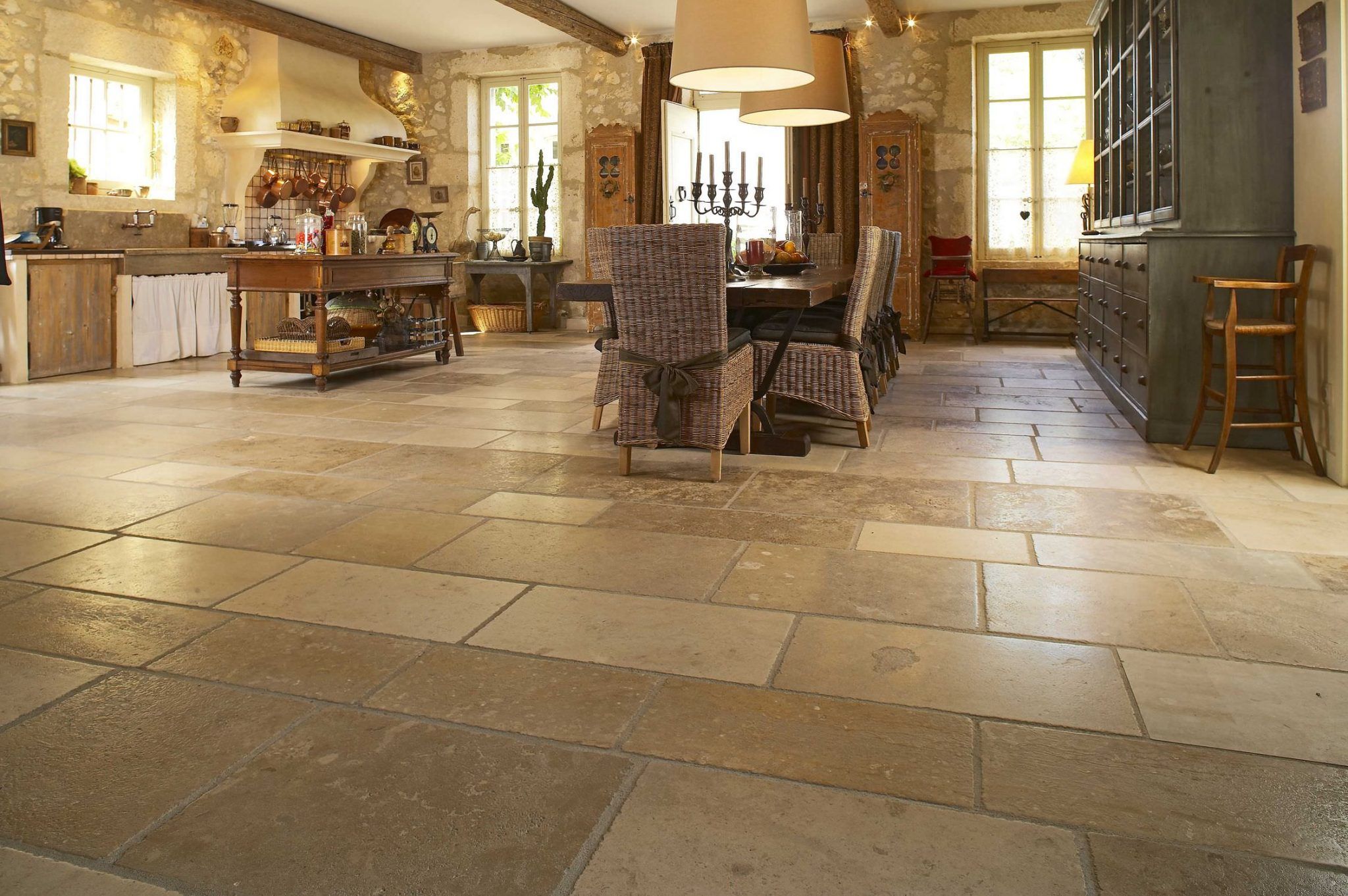Tel: 01474 876800 • Client Portal
- Who We Are
- What We Do
- Build
- Carpentry
- Building Works
- Commercial Flooring
- Commercial Glazing
- Commercial Locksmith
- Commercial Painting & Decorating
- Commercial Plastering
- Commercial Plumbing
- Commercial Refurbishment
- Commercial Roofing
- Design & Construction
- Electrical Installation
- Hard & Soft Landscaping
- Mechanical & Electrical
- Office Builders
- Office Fit Outs
- Office Heating
- Office Partitioning
- Office Relocation
- Site Management
- Maintain
- 24 Hour Helpdesk
- Access Control
- Air Conditioner Repair
- Air Conditioning Servicing
- Commercial Boiler Servicing
- Commercial Electricians
- Commercial Ground Maintenance
- Commercial Pest Control
- Commercial Property Maintenance
- Drain Unblocking
- Emergency Callouts
- Emergency Light Testing
- Facilities Management
- Fire Alarm Testing
- Fire Extinguisher Testing
- Fire Sprinkler Testing
- Fixed Wire Testing
- Handyman Service
- Lift Servicing
- Office Health & Safety
- PAT Testing
- Planned Preventative Maintenance
- Reactive Maintenance
- Roof Maintenance
- TMV Maintenance
- Water Hygiene
- Clean
- Build
- How We Do It
- Why Use Us
- Contact

How to maintain and prolong natural stone flooring
Table of Contents
Caring for your beautiful natural floors
Although comparatively far more expensive than traditional manufactured flooring, natural stone undoubtedly gives a beautiful finish and is considered a worthwhile investment when you consider its longevity.
If cared for correctly, it can last a lifetime and will instantly add character and value to your home or office premises. However, like any flooring, careful consideration for how you clean and maintain the floor is vital to ensure you do not unwittingly damage or discolour the surface permanently.
Whether you choose marble, slate, limestone or travertine for your natural stone flooring, each of these surfaces have differing level of porousness so how you look after it can affect the lasting colour and tones of the stone. Chemicals and by-products in many harsh cleaners can in actual fact, cause irreparable damage so here’s our tips to maintaining a healthy stone floor that will do itself justice for many generations to come.
Sealing
It’s advisable to have your flooring sealed for many reasons, most notable to enable easier and quicker clean ups of spillages and liquids. On floors that are sealed, a simple mop or dry towel can clean up the mess where an unsealed floor may start to absord the liquid and no one wants red wine stains on their lovely stone floors!
Sealing is also of great benefit in rooms where hygiene is particularly important, including the kitchen and bathroom so there’s lot of reasons to do this.
Cleaning
If your stone floor has been sealed, regular gentle cleaning is all that should be necessary. Always sweep your floors with a soft broom and wash with a mop. Also avoid cleaning products with harsh chemicals that are acidic, contain bleaching agents or harsh abrasives. They’ll only cause lasting damage.
If you do have spills however, it’s important to act quickly. Even though stone floors are hard wearing, spillages can cause damage fairly quickly if left unattended.
As a general rules, here’s a list of do’s (and some don’ts) on regular stone floor cleaning:
- Vacuum or dust regularly, as soil becomes abrasive and can act like a sand paper on your natural stone floor through heavy foot traffic areas.
- If possible, buy some walk off mats at entranceways. Mats are designed to capture soil and debris from the soles of your shoes.
- Buy yourself a flat microfibre mop & a neutral daily cleaner specific for stone care. Avoid cheap products at all costs!
- Damp mop your natural stone floor 2 – 3 times a week with a neutral stone cleaner.
- Avoid using acidic products. A Vinegar & water mix to clean is an old wives tale and should be avoided!
- Try not to drag furniture or chairs over the flooring surface which will mark and scratch.
- Avoid using cleaners containing high levels of high alkalinity as this will compromise the sealer.
- In areas where moisture is prevalent, reseal the floor at least once a year.
Repairs
If you’ve unfortunately damaged or marked the surface of your stone, do not try to patch them up with off-the-shelf repairs kits. They seldom work and colour matching is rarely ever achieved.
The best solution is to have your floors professionally restored or cleaned. At ECMS, we have a specialist stone floor maintenance team who can bring the natural beauty of your stone floor back to life!
So if your stone flooring needs a little TLC, call our expert stone floor cleaning team on 01474 876800 or email info@ecms-ltd.co.uk
Request a Callback
Recent Posts
- 10 Common Saniflo Toilet Troubleshooting Solutions 01th Jul 2025
- Importance of Personal Hygiene at Work 01th Jun 2025
- How to Clean a Toilet Brush 01th May 2025
- How to Clean Painted Walls 01th Apr 2025
- How to Get Oil Stains Out of Carpet 01th Mar 2025
- How to Clean a Fridge and Remove Bad Smells 01th Feb 2025
- How to Get Coffee Stains Out of a Carpet 01th Jan 2025
- How to Clean Gutters Correctly 01th Dec 2024
- What is PAT Testing? 01th Nov 2024
- How to Clean an Oven 01th Oct 2024

